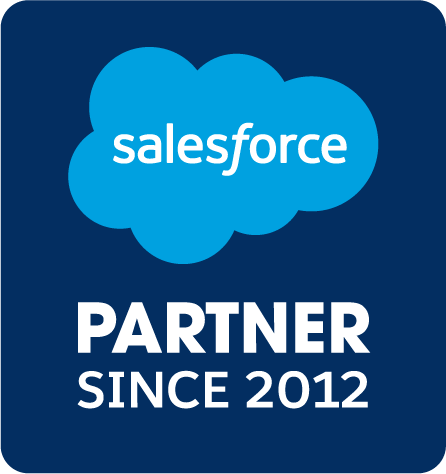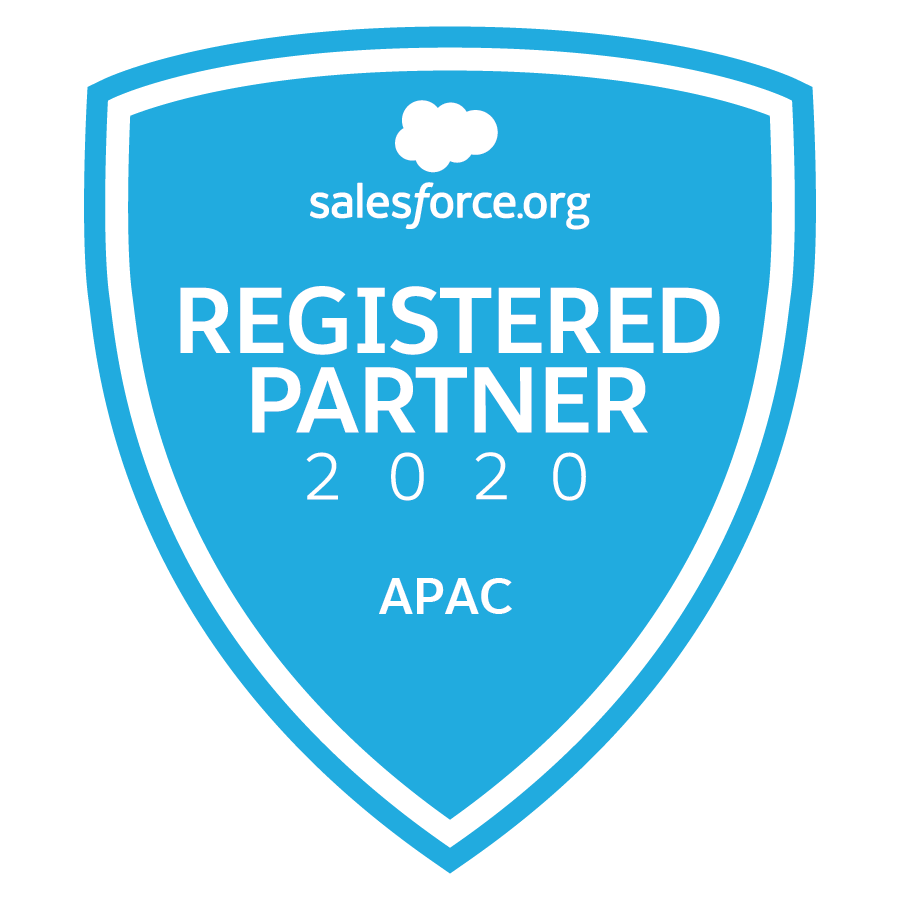Like any project, CRM implementation can encounter roadblocks, but remember that many organisations have implemented CRM with resounding success. Roadblocks don’t only happen with CRM implementation; they tend to happen repeatedly across the business, undermining the system, and eating away at the bedrock below the surface. These are the big ones:
Process
When a company is slow or unwilling to make the changes needed to implement CRM, the effects are immediate. Some are unwilling to try and some have very weak processes already, so making change is almost impossible unless a significant structure is provided. Others purchase a CRM and discover that it does not fit their business. Others succumb to politics that simply do not support the goals of the organisation.
Image
You may have heard the expression, “Image is everything.” It’s true with CRM. End users must see CRM as something that strengthens their jobs (possibly even view it as the only way to do their jobs) instead of perceiving it as the “flavour of the month” or just another new string of corporate policies. After the program is launched, it should result in people performing new tasks that make their jobs easier, while enhancing their customer relationships at the same time. Their perception is what brings customers back to your store, site, or service. CRM can service your customers’ high expectations of your company and what it offers, or it can have them glancing toward your competition.
Privacy
Privacy regulations are evolving just as quickly as (and even faster than) many business practices. Any company that collects personal information also collects information on data storage, cookies, phishing, spam, and spyware. CRM planning has to include sufficient motivation to encourage customers to continue feeding you their information willingly.
Emergency
You’ve probably heard the saying, “Poor planning on your part does not constitute an emergency on my part.” Except when it does, of course. If you launch a CRM project and staff do not know who is doing what, when it takes place, or where to turn with questions, your program will undermine itself. Program managers and the development team must work closely together in order to ensure a meaningful launch that is well received.
Evaluating and Reviewing CRM
CRM is a technology-based, customer-driven process. In order to manage the process, it is critical that organisations conduct ongoing reviews of the successes and challenges that occur. CRM is an ongoing process, and you should evaluate as you go. However, these evaluations are pre-defined because you know what your goals are, and what kind of return on investment you seek. Your ongoing evaluation will ensure that your infrastructure supports the implementation and process, that your customers utilise the program, and that you have the information you require at all times.
At different times, you will evaluate different elements of the program. The following topics can be evaluated independently of a major program review and are important components of a review:
- Customer utilization
- Customer satisfaction
- Employee satisfaction
- Profitability
- Productivity






